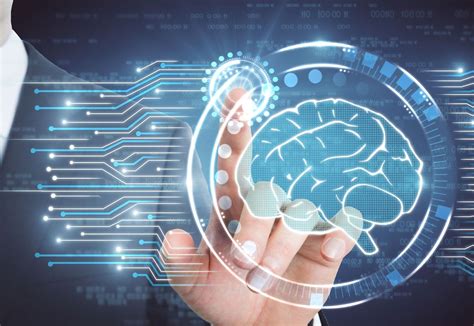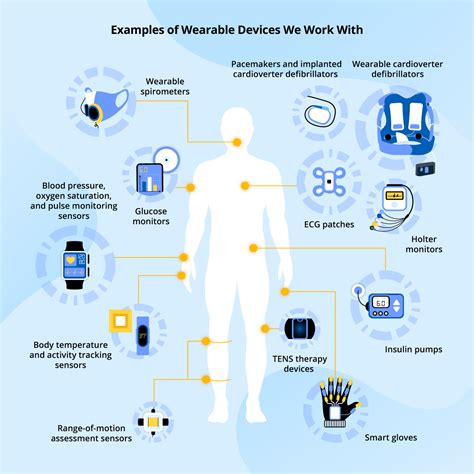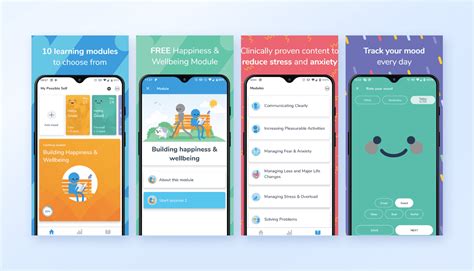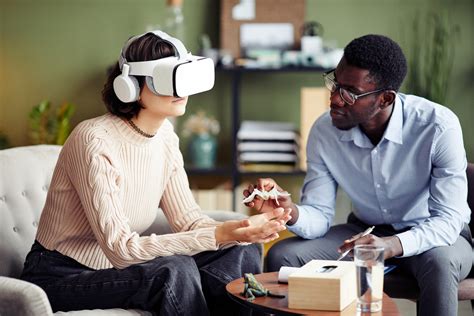Future Developments in Mental Health Apps in the UK
As the world continues to advance and evolve, so does technology. With these advancements, the field of mental health is no exception. Mental health apps are no longer limited to simple mood trackers or meditation apps. There is a range of mental health apps available in the market catering to different aspects of mental health. In the UK, the use of mental health apps is gaining popularity, along with the rising number of cases of mental health issues. As we move forward, we can expect to see further developments in mental health apps that could transform the way we approach mental health.
1. Artificial Intelligence
Artificial intelligence (AI) technology has wider applications in different fields of healthcare, and mental healthcare is no exception. Currently, AI-enabled chatbots and virtual assistants are being used by mental health professionals to provide round-the-clock support to patients and assist with assessments and diagnosis. In the future, AI technology could be used to develop personalised treatment options and monitor progress.
2. Integration with wearable technology
Wearable technology is becoming increasingly popular among people who want to track their fitness and health progress. Mental health apps could be integrated with wearable technology such as smartwatches and fitness trackers to monitor physical and mental symptoms. Wearable devices could also be used to provide real-time feedback and interventions to promote self-care.
3. Gamification
Gamification is the use of game elements and design in non-game contexts. Gamification can make mental health apps more engaging and motivating to use. Mental health apps could incorporate game elements to promote self-care or reward positive behaviour. For example, an app could offer virtual rewards for completing tasks related to mental health goals.
4. Accessibility
Accessibility is an important aspect of mental health apps that cannot be overlooked. Mental health apps could incorporate features to make the app accessible to people with disabilities. For example, visual and hearing impairments could affect an individual’s ability to use certain parts of the app. Developers could incorporate voice recognition and screen reader technology to improve accessibility.
5. Virtual reality
Virtual reality (VR) technology can simulate real-life experiences in a controlled environment. Mental health apps could use VR technology to provide exposure therapy for anxiety disorders or phobias. VR technology could also be used to provide immersive meditation experiences. Although VR technology is still in its early stages, mental health professionals are exploring how it could be used to enhance mental health treatment options.
As we look towards the future of mental health apps in the UK, we can see a promising and exciting outlook. These developments show promise in transforming the way mental health care is provided, with apps becoming an increasingly effective tool in promoting mental health and wellbeing.
 Atechguide Online Banking & Android App
Atechguide Online Banking & Android App




